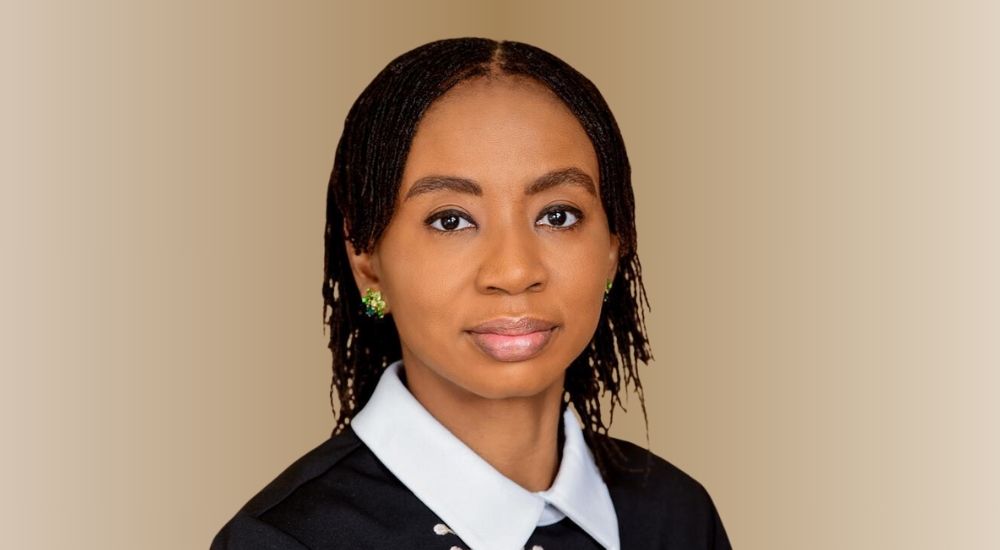The Minister of Power, Adedayo Adelabu, has stated that the challenges facing Nigeria’s electricity supply industry are primarily strategic and structural, rather than technical.
Adelabu made these remarks during a radio program in Ibadan, Oyo State, in response to criticism that his lack of technical expertise made him unfit to lead the power ministry, according to The Punch.
Addressing the concerns, Adelabu emphasized that Nigeria’s power sector requires a problem-solving specialist, not necessarily an engineer, to address its issues effectively.
He argued that the sector’s problems are rooted in broader strategic and structural challenges, which demand a different skill set to resolve.
“Our problem in the power sector is not technical, sincerely. It is purely strategic, structural; and it is a problem-solving specialist that we need,” he stated.
The minister declared that President Bola Tinubu did not appoint him to manufacture transformers or power cables but to look at the hurdles and proffer solutions.
“They’ve not appointed me as minister to start manufacturing transformers, meters, power cables, towers, or electric poles. No! What they have appointed me to do is to look at the industry and see where the hurdles are. Where are the bottlenecks? To resolve it and make the sector flow.
“Each of these operators has the technical specialists that handle them. I don’t work in generation companies, they have the engineers that generate. I don’t work in TCN, though they are under me, they have engineers all over. I don’t work in any of the DisCos; the people handling the DisCos are specialists.
“But they needed me to coordinate, harmonise, and synergise all the services so that the hurdles will be removed,” he expounded.
According to him, what he did was conduct a thorough diagnosis of the problem, stating that you have to be serious in your approach and that you cannot address an issue without knowing its underlying cause.
He stressed, “We diagnose, we consult, we engage all the industry stakeholders and we got to know what the problems are. We hold several retreats to document the practical solutions, not all these free-hanging abstract solutions. But what is workable and practical, and we said we should stop complaining, we now need to go to the field and implement these solutions.”
One of the solutions, he said, is the need for a law that decentralises the power sector and allows private sector participation as done by the Electricity Act 2023 signed by Tinubu.
Adelabu disclosed that the ministry is currently upgrading old power infrastructure, stressing that power does not work through the air like telecommunications.
“Power is not like telecoms. It is a bigger market than telecoms because you must connect. You cannot generate power via the air or the abstract. There must be a power connection. So, it is a complex network, it is a complex architecture. You move power from as far as the Niger Delta and you want to drop it in Lagos. Do you know the number of kilometers of transmission, high voltage, 330 kV lines you are going to run? Do you know the number of towers, the right of way, and compensation for properties that will be destroyed while you are constructing this?
“Do you know the power transformers you need to install in the substations? These cost millions of dollars,” he noted.
He bemoaned the abundance of saboteurs who damage power assets when discussing the security of power assets.
“For about two or three weeks, the entire North East was in darkness, just because they went to bring down all the transmission power lines. What can we do? And we must use our taxpayers’ money to even replace all these,” he worried.
He blamed cabals and cartels for the attacks on power infrastructure.










